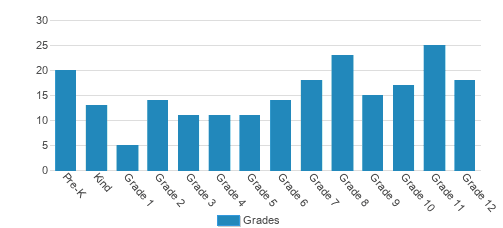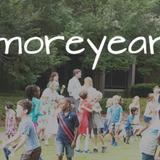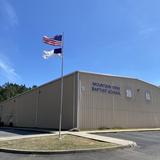The mission of Shelby Academy is to prepare students for higher educational pursuits or technological careers.
We will accomplish this in a safe environment, guided by a staff of caring professionals teaching a challenging curriculum.
We believe that mutual respect among, and between, students and staff promotes the worth and dignity of each individual; students who set high goals are able to fully develop their potential; a safe and physically comfortable environment enhances student learning; development of personal values enables students to become confident, self-directed, lifelong learners; and students learn interpersonal relationships through cooperative groups, and demonstrate the responsibility of good citizenship by showing respect for others and their property.
School Overview
Religious Affiliation
Grades Offered
Grades Prekindergarten-12
Student Body
Total Students
215 students
Student Body Type
Co-ed
% Students of Color
3%
State avg.: 25%
Students by Grade

Academics and Faculty
Total Classroom Teachers
16 teachers
Student-Teacher Ratio
13:1
National avg.: 13:1
Tuition and Acceptance Rate
Admission Deadline
None / Rolling
Source: National Center for Education Statistics (NCES)
Frequently Asked Questions
When is the application deadline for Shelby Academy?
The application deadline for Shelby Academy is rolling (applications are reviewed as they are received year-round).
Recent Articles

Financial Aid 101 for Private School Families 2026
Guide to private school financial aid in 2026, with current costs, key planning timelines and practical steps parents need to maximize aid options.

Why Extracurricular Activities Matter in 2026
Discover why extracurricular activities remain essential in 2026, with updated research, costs, and admissions insights for parents and students.

How to Appeal for Financial Aid After Admission
Learn how to appeal for financial aid after admission to a private school, with expert steps, timelines, and 2026 updates for families.







